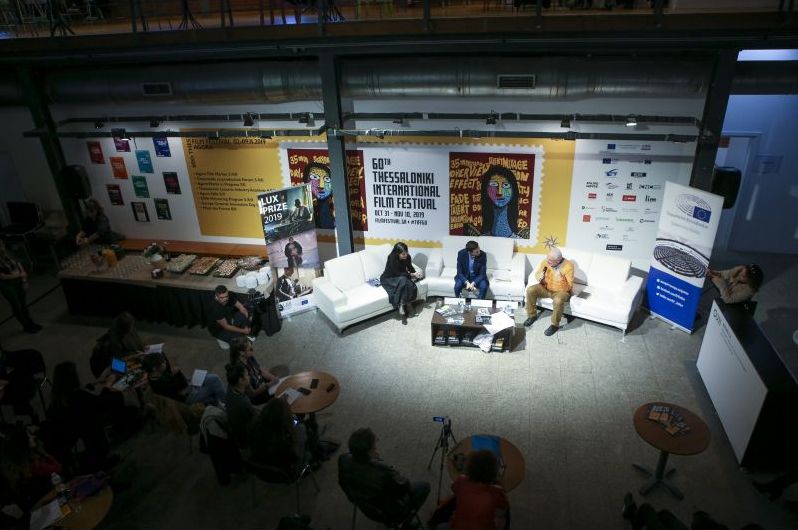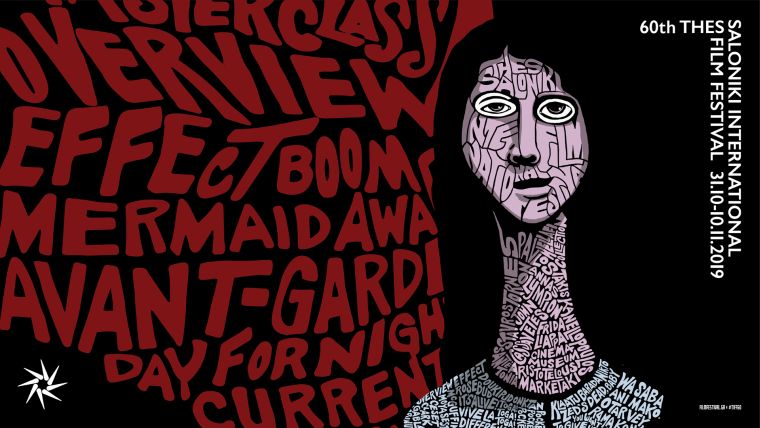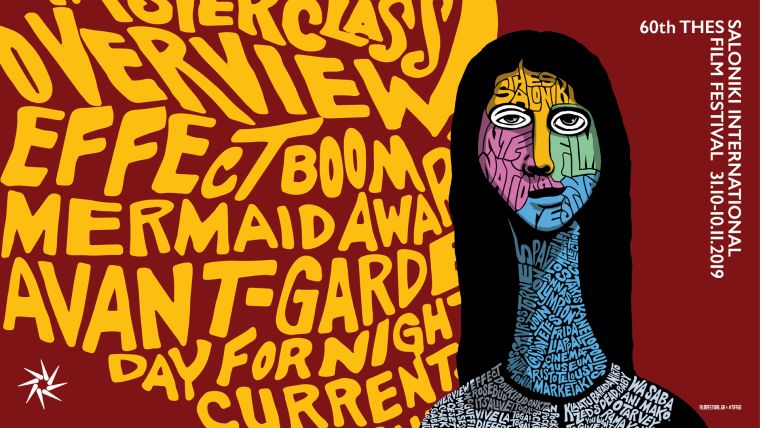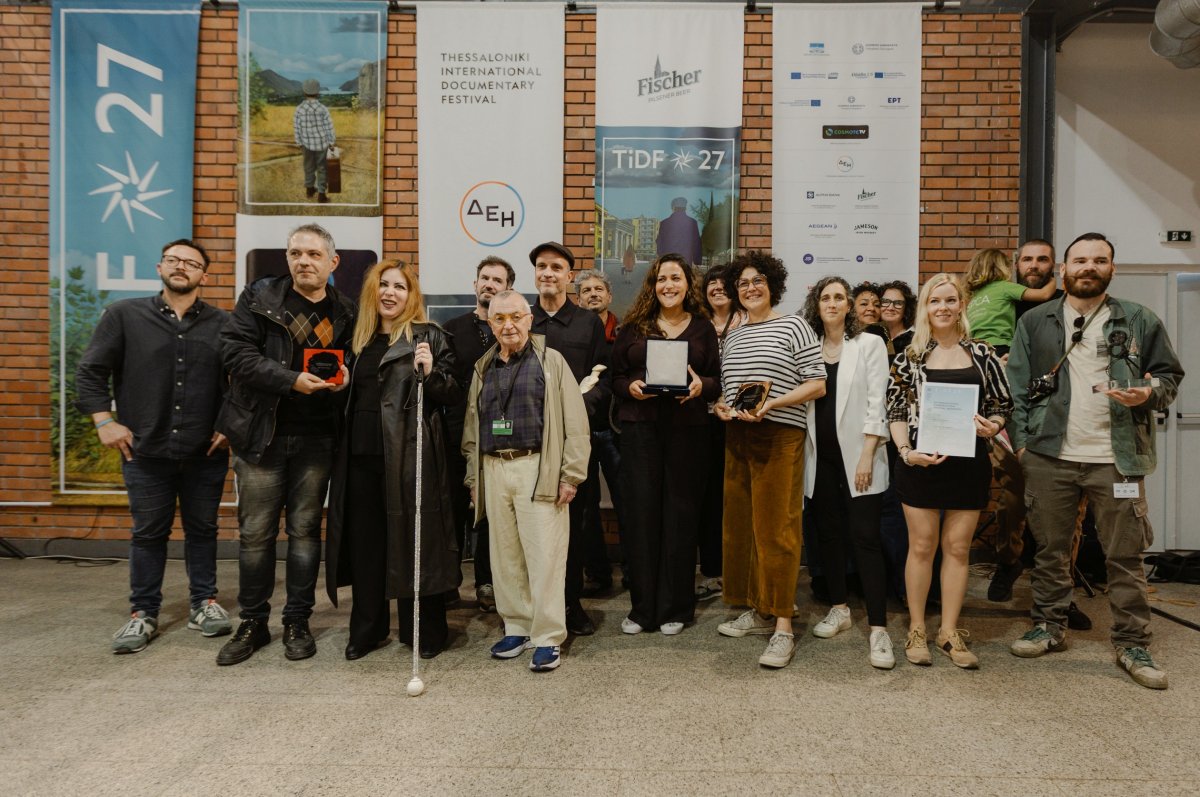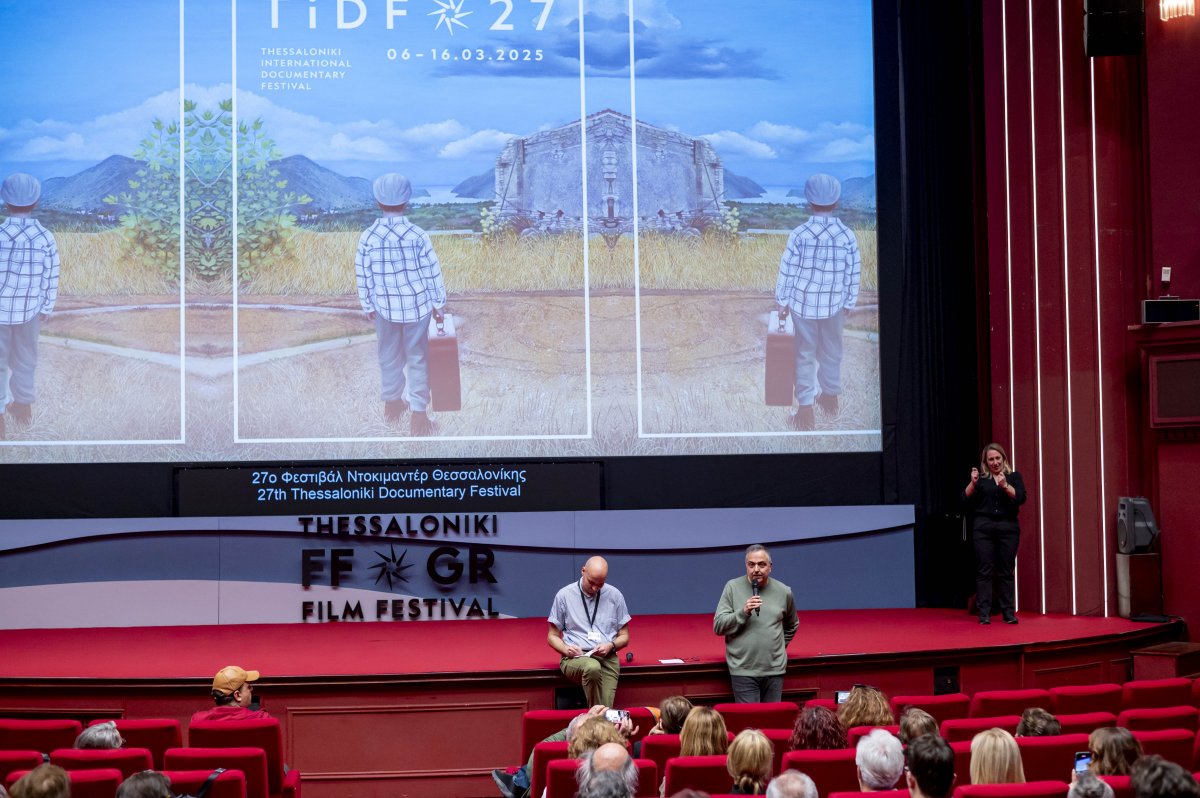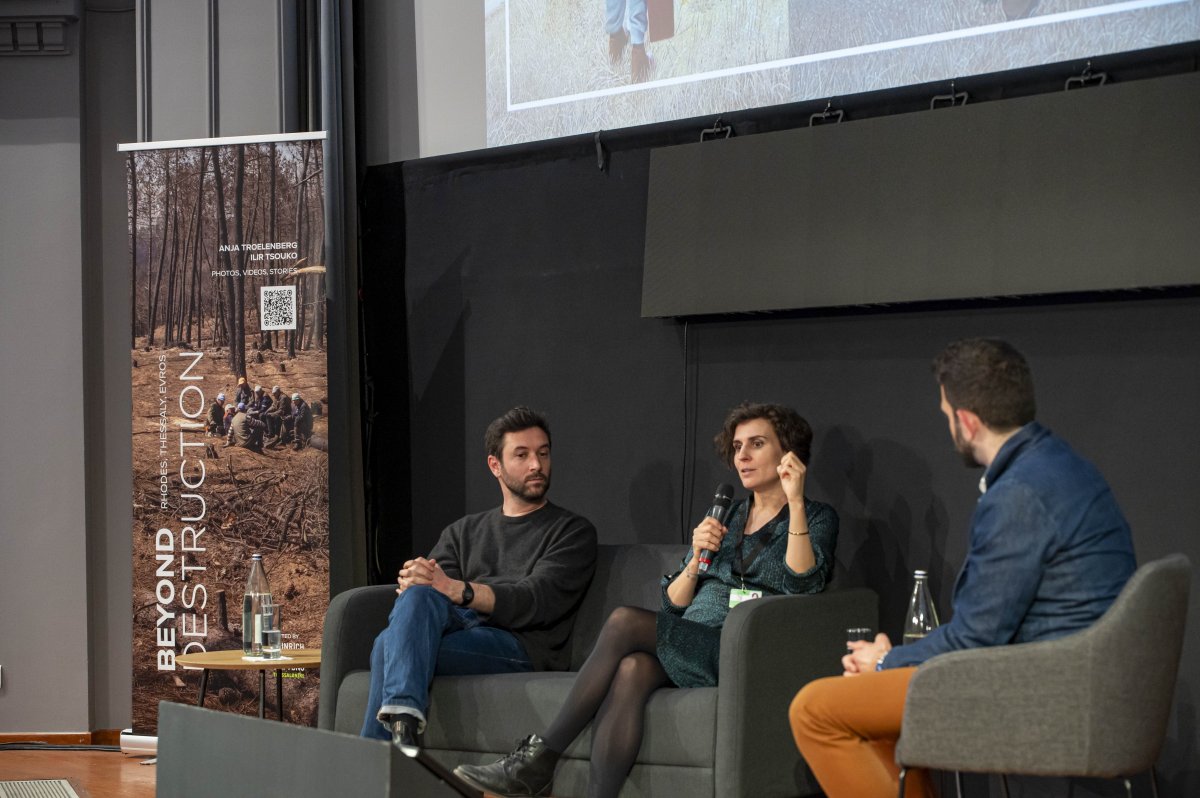The 60th Thessaloniki International Film Festival welcomed the British director Joanna Hogg, hosting an honorary tribute to her work; the creator – a pioneer of a new social realism wave – gave a press conference on Saturday, November 2, 2019, at the Photography Museum of Thessaloniki.
Media / Press
For more information please contact Press and Communication Department.
Press Conference for the European Parliament LUX prize
www.filmfestival.gr
On the occasion of the screening of the three finalist films for the LUX prize in the 60th Thessaloniki International Film Festival, bestowed annually by the European Parliament, a press conference took place on Friday, November the 1st, in Warehouse C.
Opening Ceremony: A celebration with the gaze directed to the past and future of TIFF
www.filmfestival.gr
In a festive mood and with two special presenters, Daria and Sotiris, the heroes of the “Festival” comic book, the opening ceremony for the anniversary 60th Thessaloniki International Film Festival took place on Thursday, October the 31st, in a packed Olympion.
We welcome you to the anniversary, 60th TIFF
www.filmfestival.gr
The Thessaloniki International Film Festival celebrates 60 years of Festival with wonderful films, exciting guests, events in the city of Thessaloniki, a comic, exhibitions, tribute, the present, and future of Greek cinema and a new competition section.



